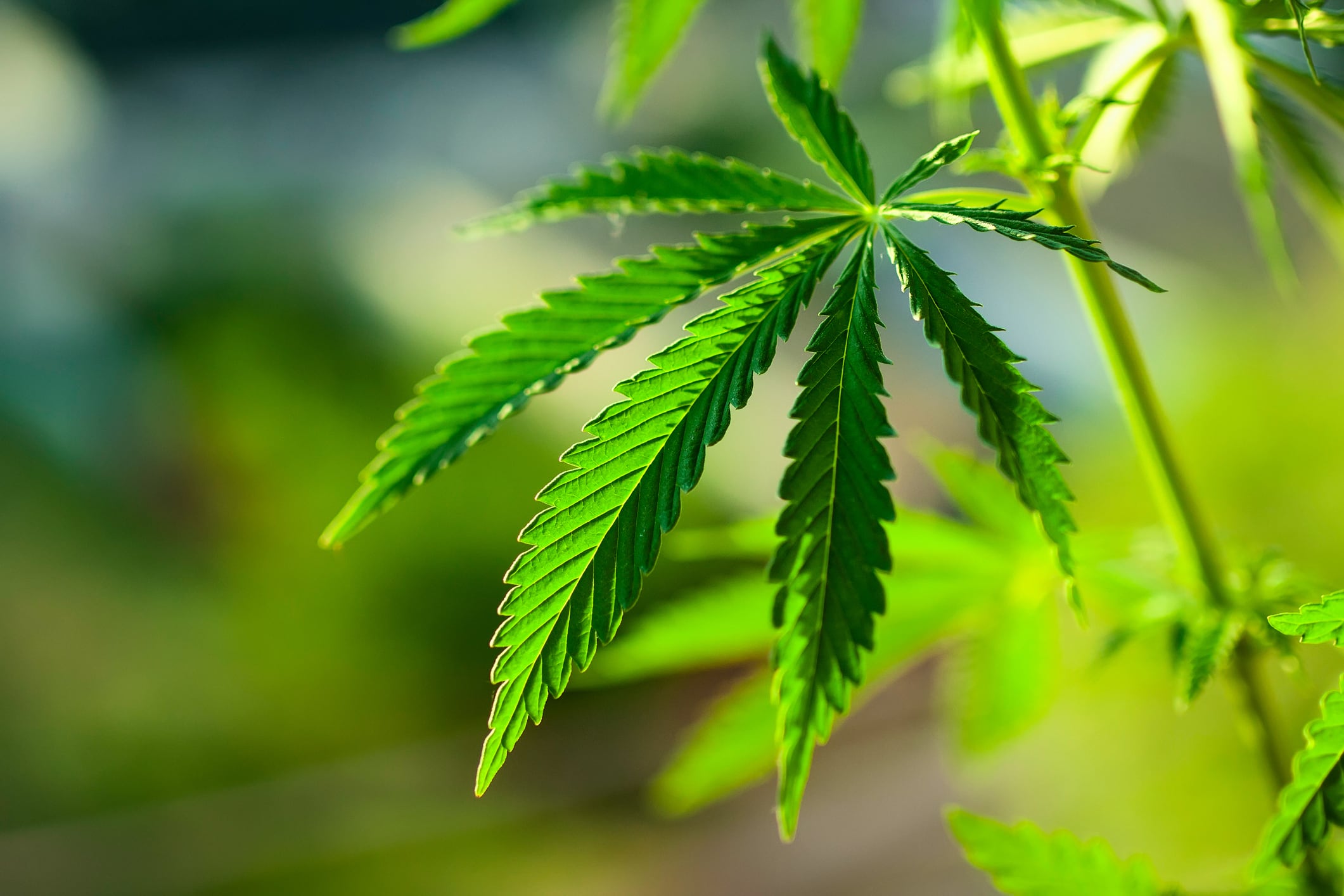While recreational cannabis became legal in Canada last year, edibles will not become legal until the amended Cannabis Act comes into force on October 17.
However, it will take time for new cannabis products to become available for purchase. “It is expected that a limited selection of products will appear gradually in physical or online stores, and no earlier than mid-December 2019,” says guidance from Health Canada.
Health Canada has this month finalized the regulations for the production and sale of edible cannabis, cannabis extracts and cannabis topicals (creams, lotions and balms intended for skin, hair or nails).
Its rules have been designed to 'reduce the health risks of cannabis products...[while] at the same time, provide for a broad diversity of cannabis products, which will help displace the illegal market'.
60 day notice period for new cannabis products
Health Canada will not begin approving amendments to federal licences for the production and sale of cannabis edibles until amended regulations come into force in October (although applications can be submitted before this point), and then licencees will then need to observe the notice period for any new products.
“Federal licence holders will need to provide 60-days notice to Health Canada of their intent to sell new products, as they are currently required to do,” says guidance from the organisation.
“Additionally, as with any new regulatory framework, federally licensed processors will need time to become familiar with and prepare to comply with the new rules and to produce new products.
“Provincially or territorially authorized distributors and retailers will also need time to purchase and obtain the new products and make them available for sale.”
This all means that the earliest date cannabis beverages could be sold will be December 16, 2019, but it won't be until 2020 that a greater variety of legal products become available.
Several beverage companies have announced their plans to start cannabis beverage sales as soon as it is legal to do so: including Molson Coors' joint venture Truss and Province Brands' non-alcoholic cannabis beer, while Constellation Brands and AB InBev have also made investments in the industry (Molson Coors has this week reiterated its intention to put products on the market in December as soon as it is legal to do so).
What are the rules for cannabis beverages?
The regulations for cannabis edibles set out a number of rules relating to the ingredients, branding and production of cannabis beverages.
Cannabis beverages will have a THC limit of 10mg per package, although Health Canada emphasises this does not validate a 'safe' dose.
"The precautionary limit of 10 milligrams of THC per container for edible cannabis aims to address the key public health risks associated with edible cannabis, including the risks of over consumption and accidental consumption," it says in its guidance.
"The limit draws heavily on lessons learned from, and the limits established by, US states that have legalized cannabis.
"It’s important to note that the 10 milligrams limit does not represent a safe “dose” or standard “serving size” for THC, particularly for new and novice consumers. Everyone’s response to cannabis differs and can vary from one time to the next. For new and novice consumers, Health Canada advises that new consumers should choose an edible cannabis product that contains 2.5 milligrams of THC or less and wait to feel the full effects before consuming more."
Cannabis beverages will be allowed to contain a limited amount of caffeine (30mg per container), opening up the market for products that naturally contain caffeine such as tea and coffee, but the use of caffeine as a food additive will be prohibited.
Cannabis edibles: regulations
- Under guidance for cannabis edibles, cannabis beverages will have a THC limit of 10mg per package.
- Products cannot contain added vitamins or minerals; cannot contain nicotine or added alcohol; and will have a limit on caffeine.
- Packaging must be child resistant and plain.
- Labels must contain a standardized symbol for products containing THC, along with a health warning message. They must also state the THC and/or CB content, and the equivalency to dried cannabis to determine public possession limit (the Cannabis Beverage Producers Alliance suggests that the 30g public possession limit for dried flower would equate to 2.1 liters).
- Cannabis beverages must not make dietary or health claims; may not use any elements that would associate the products with alcoholic beverages, tobacco products or vaping products; and must not be appealing to youth.
- Beverages must also contain an ingredients list, allergens and Nutrition Facts table.
- Health Canada will also put in place ‘strict manufacturing controls for the production of edible cannabis to reduce the risk of food-borne illness and to control the quality of products’. As part of this, the production of food and cannabis in the same facility will be prohibited.
An outline of regulations is available here while full regulations are available from Health Canada here.

